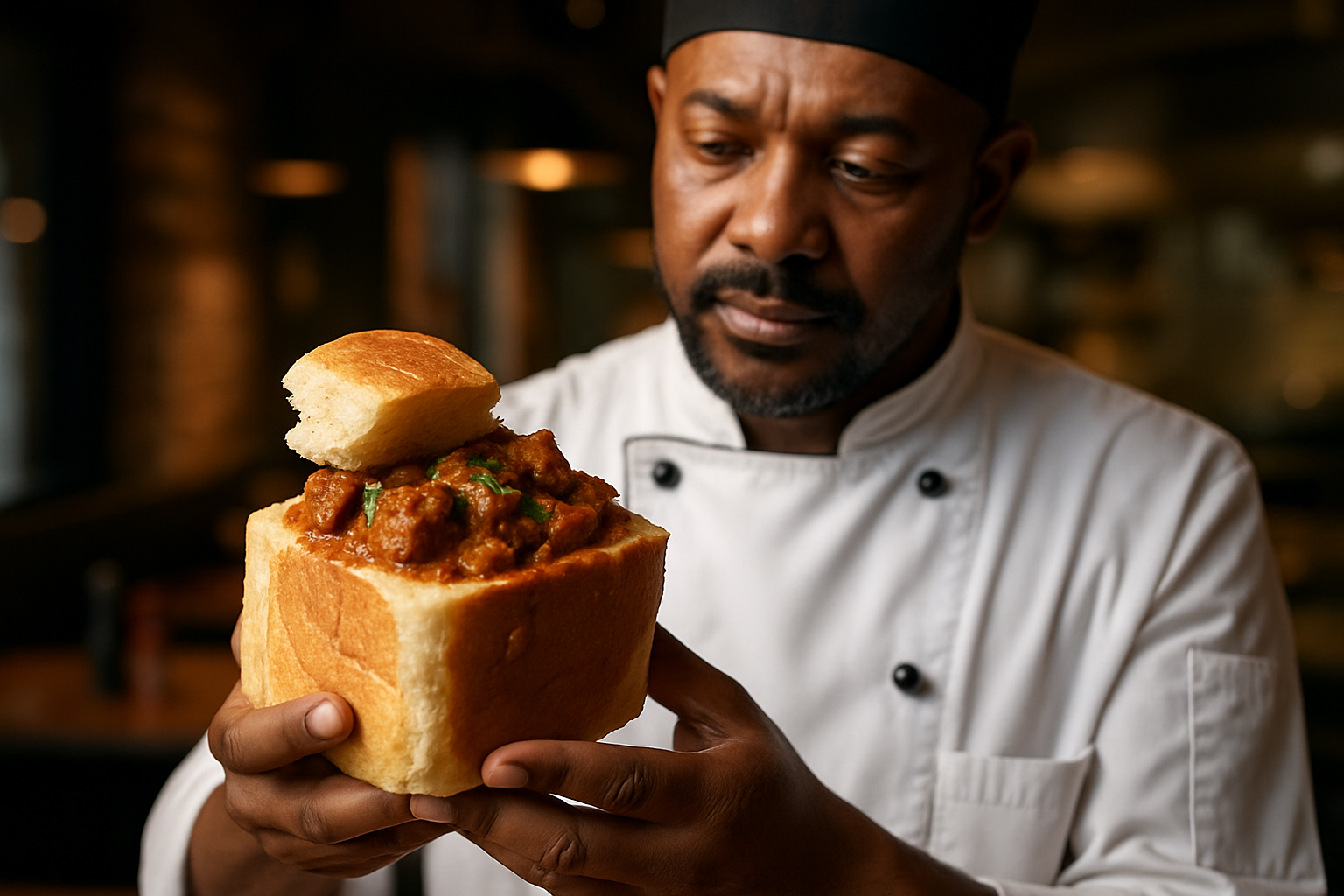Culinary Time Travel: Exploring Ancient Cuisines in Modern Destinations
In a world where culinary experiences shape our travel decisions, a new trend is emerging that combines gastronomy with history. Culinary time travel, the art of exploring ancient cuisines in modern destinations, offers travelers a unique way to connect with the past through their taste buds. This immersive journey through time and flavor is captivating food enthusiasts and history buffs alike, providing a fresh perspective on cultural exploration.

The Concept of Culinary Time Travel
Culinary time travel involves seeking out and experiencing dishes that have roots in ancient civilizations, often prepared using traditional methods and ingredients. This concept goes beyond simply tasting local cuisine; it’s about understanding the historical context of each dish, the cultural significance of ingredients, and the evolution of cooking techniques over centuries. By engaging in culinary time travel, tourists can gain a deeper appreciation for the destinations they visit and the rich tapestry of human history woven into every bite.
Ancient Flavors in Modern Cities
Many modern cities are becoming hotspots for culinary time travel, offering restaurants and experiences that showcase ancient cuisines. In Rome, for example, travelers can dine on dishes inspired by recipes found in ancient Roman texts, prepared with historically accurate ingredients and cooking methods. These establishments often employ food historians and archaeologists to ensure authenticity, creating a dining experience that’s both educational and delicious.
The Role of Food Archaeology
Food archaeology plays a crucial role in culinary time travel. This emerging field combines traditional archaeological methods with culinary expertise to uncover and recreate ancient recipes. Archaeologists analyze residues found on pottery, study ancient texts, and examine preserved food remains to piece together the diets of past civilizations. This research forms the foundation for many culinary time travel experiences, allowing modern chefs to recreate dishes that haven’t been tasted for centuries.
Immersive Culinary Experiences
Beyond restaurants, culinary time travel often involves immersive experiences that transport participants back in time. These might include cooking classes where participants learn to prepare ancient dishes using traditional tools and techniques, or guided tours of archaeological sites that focus on the culinary habits of past inhabitants. Some tour operators are even offering multi-day experiences that combine visits to historical sites with meals inspired by the cuisine of the era being explored.
The Impact on Local Communities
Culinary time travel is having a significant impact on local communities in popular destinations. By reviving interest in ancient culinary traditions, this trend is helping to preserve cultural heritage and support local farmers who grow heritage crops. It’s also creating new economic opportunities, as businesses catering to culinary time travelers emerge and existing establishments adapt to meet the demand for historically authentic dining experiences.
Savoring the Past: Tips for Culinary Time Travelers
-
Research the culinary history of your destination before you travel
-
Look for restaurants that specialize in historical or archaeologically inspired cuisine
-
Participate in cooking classes that focus on ancient recipes and techniques
-
Visit local markets to discover heritage ingredients used in traditional dishes
-
Consider joining a guided culinary tour that combines historical sites with themed meals
-
Keep an open mind – some ancient flavors may be unfamiliar to modern palates
As we continue to seek new ways to connect with the places we visit, culinary time travel offers a tantalizing blend of history, culture, and gastronomy. By savoring the flavors of the past, we gain a deeper understanding of our shared human heritage and the enduring power of food to tell stories across millennia. This emerging trend is not just about satisfying our taste buds; it’s about nourishing our curiosity and fostering a more profound connection with the world around us.






